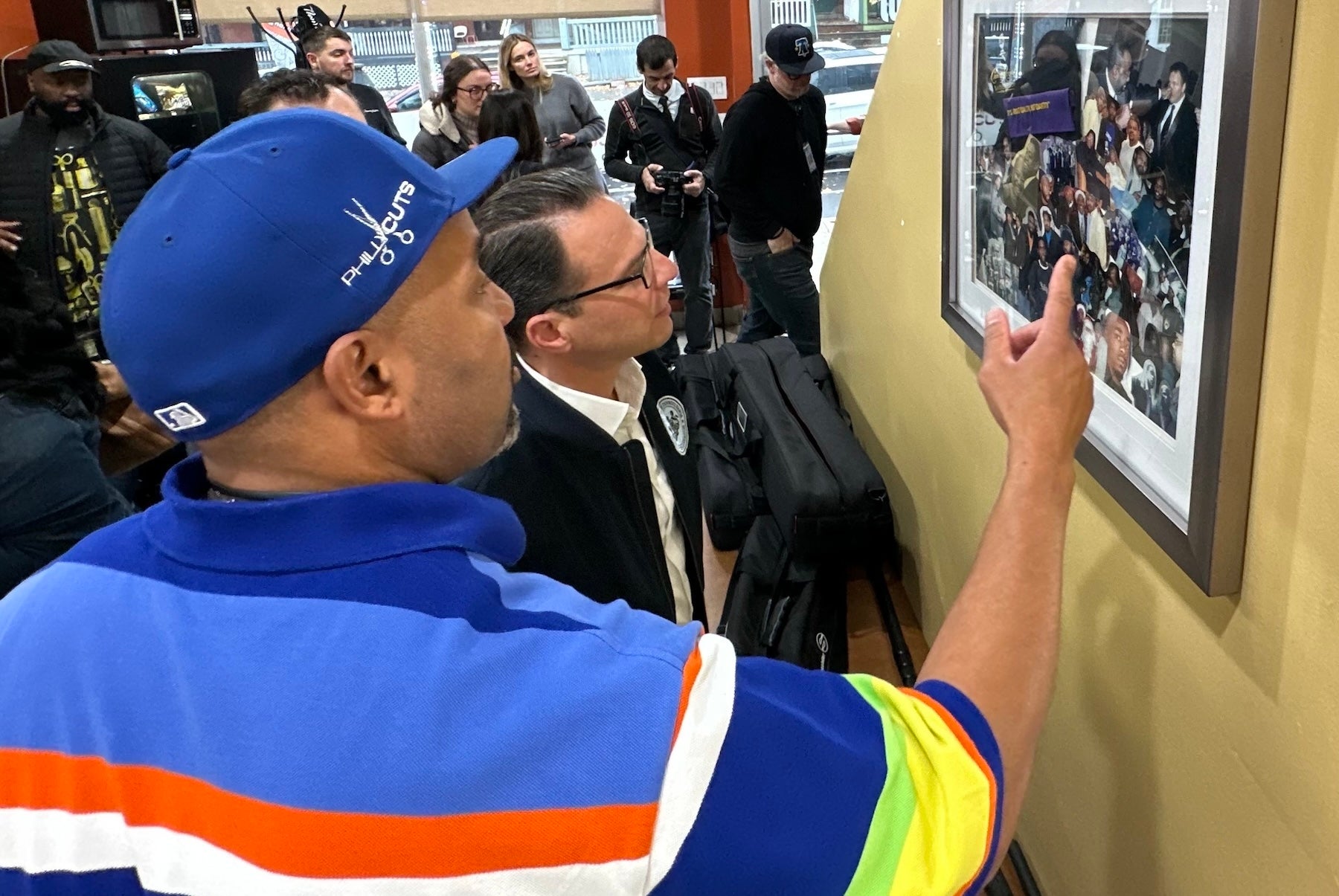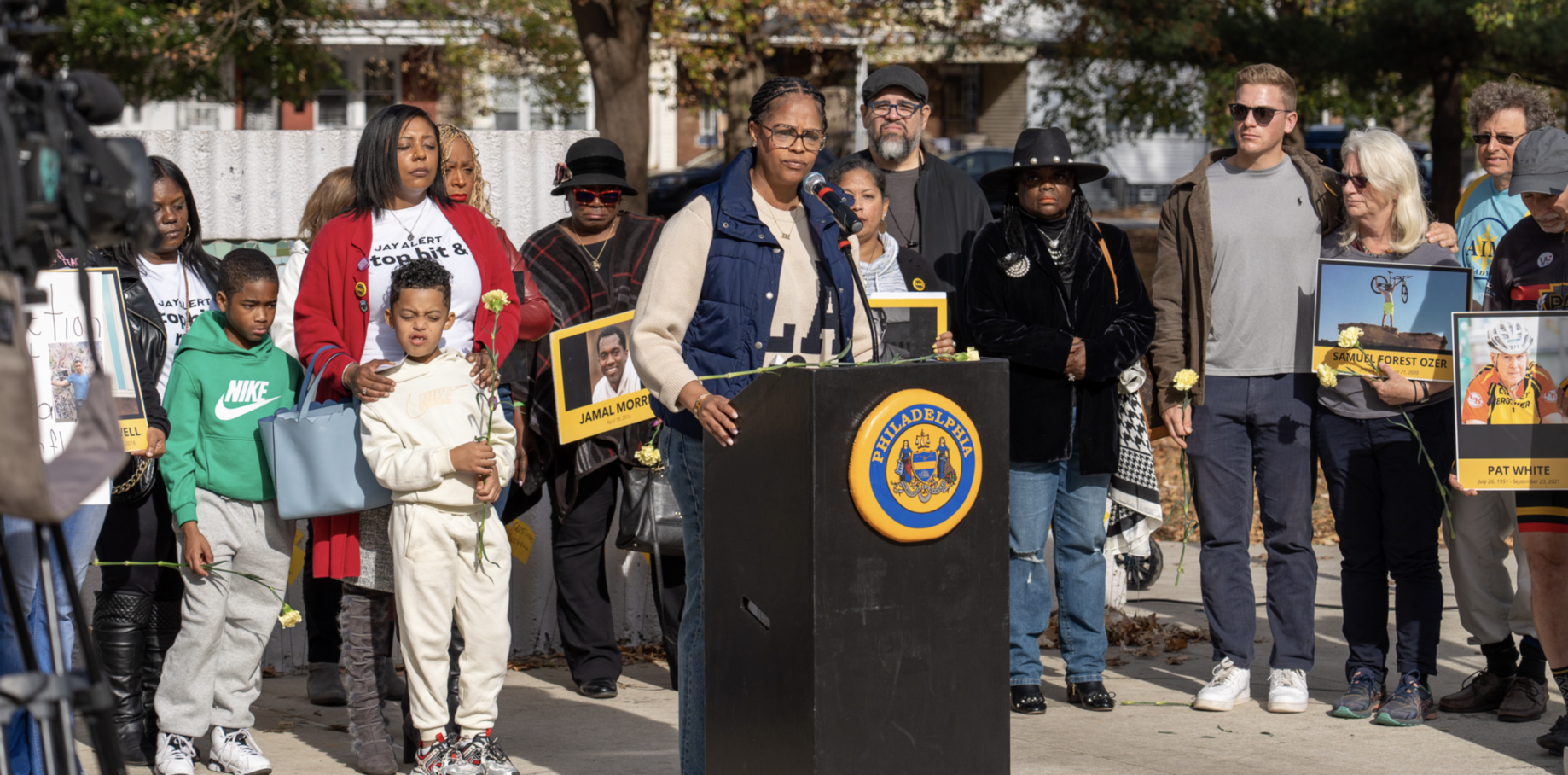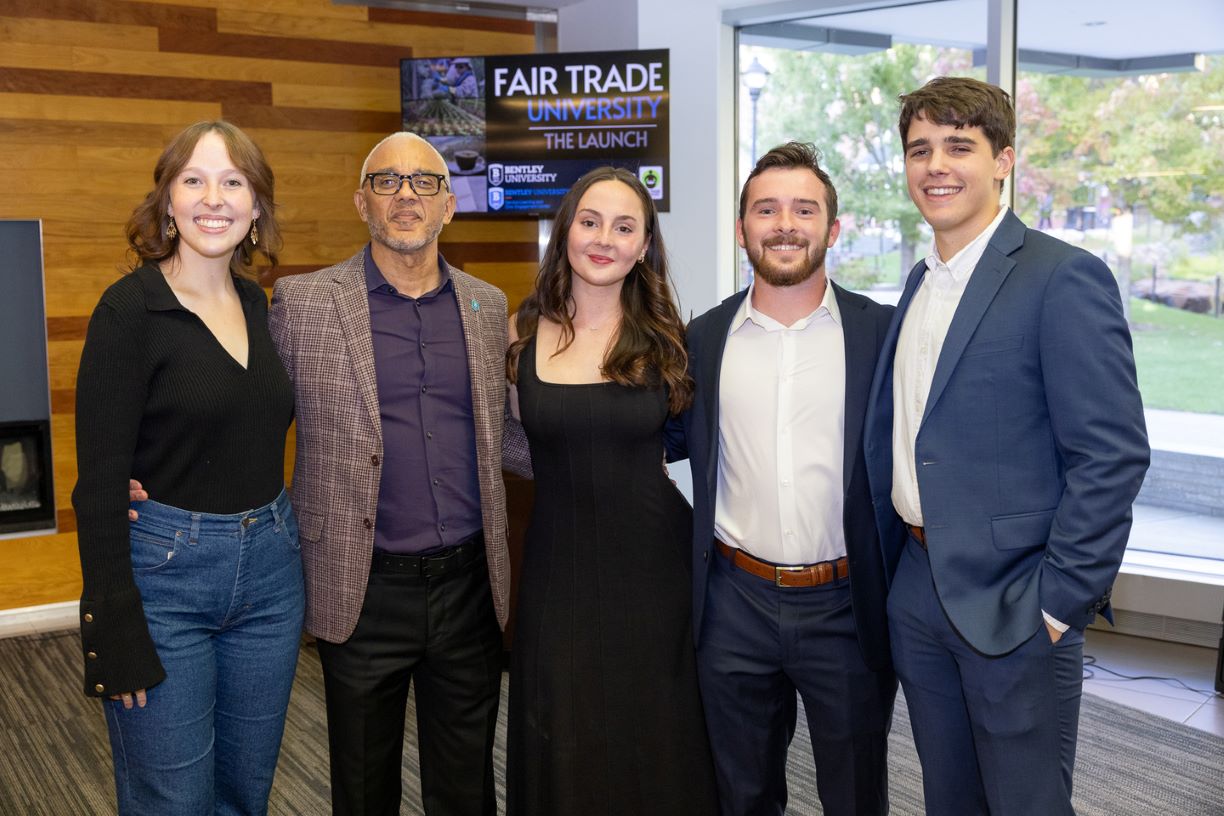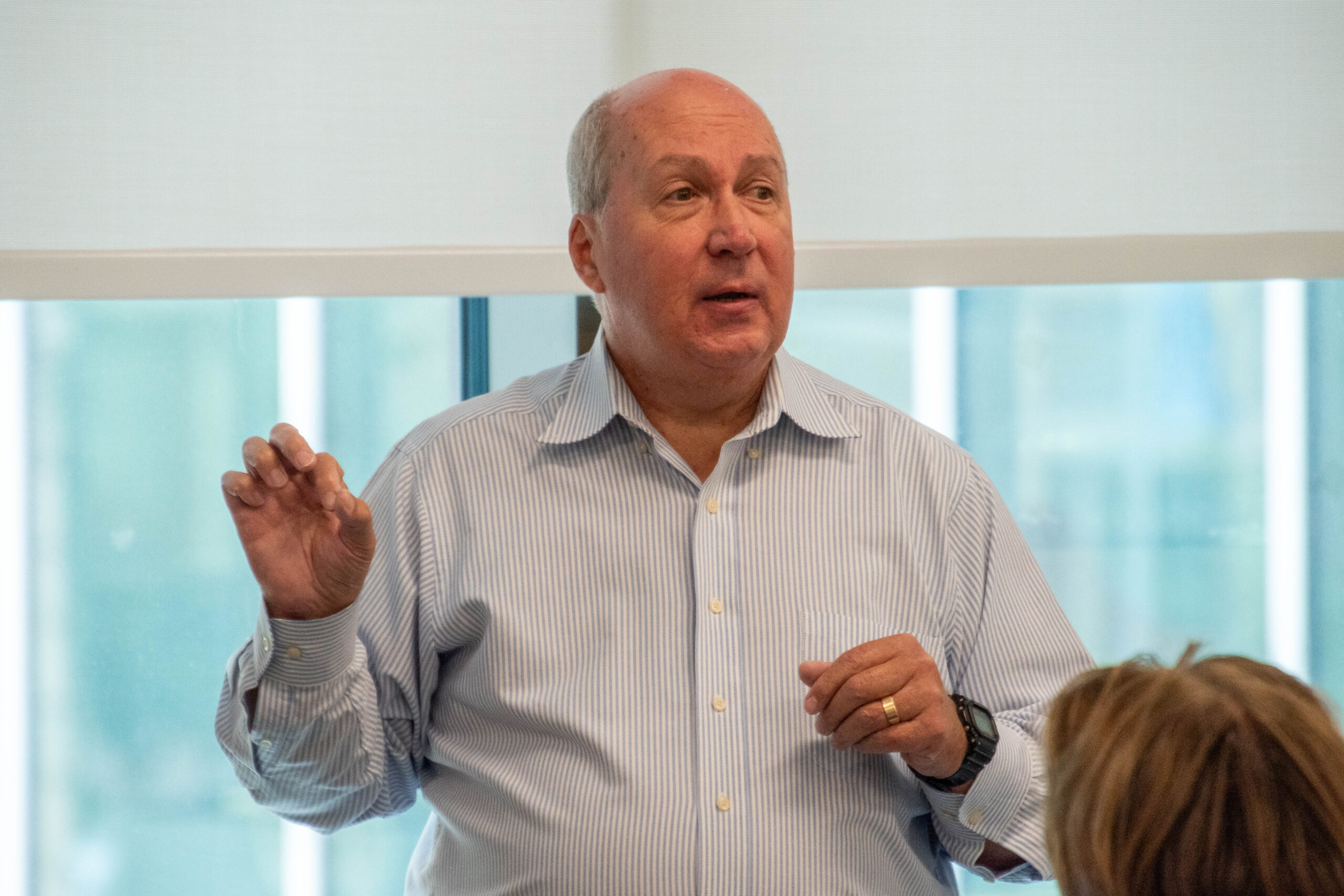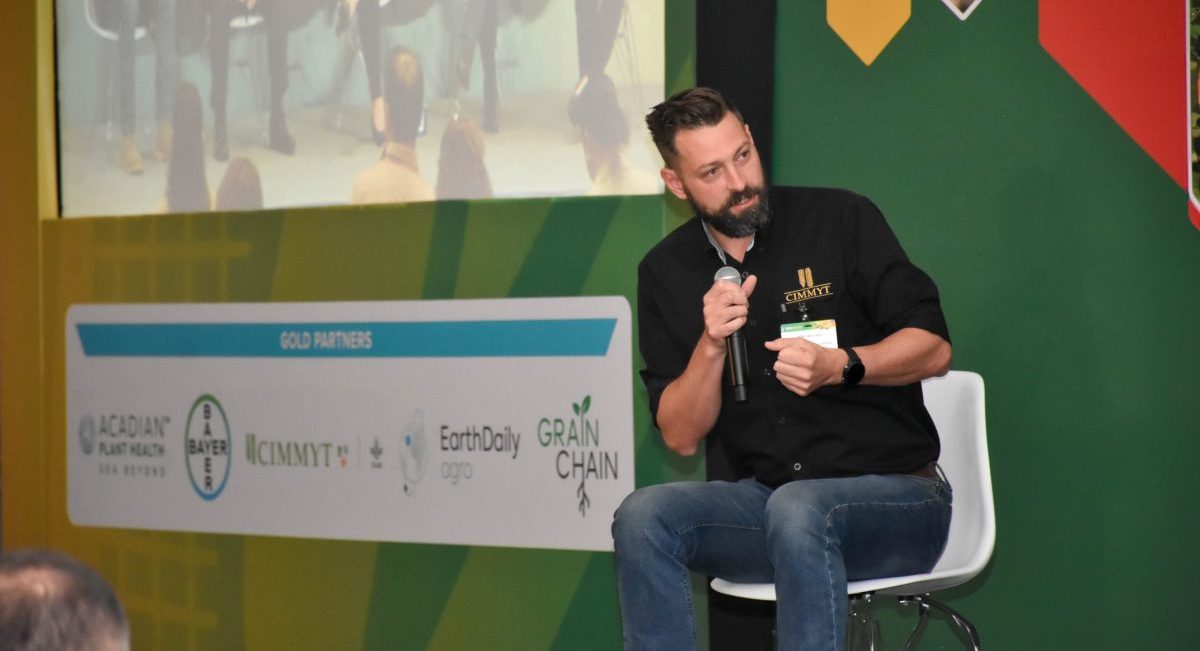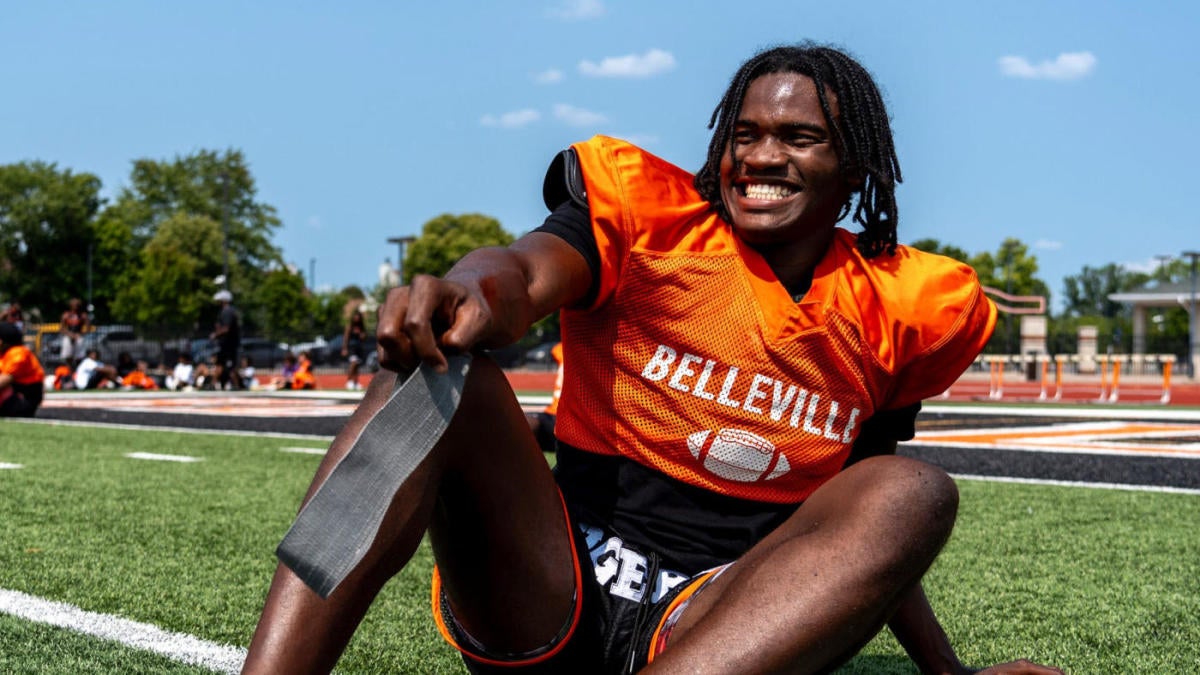Bussiness
Meet the Baton Rouge company that earned international recognition for having a positive impact
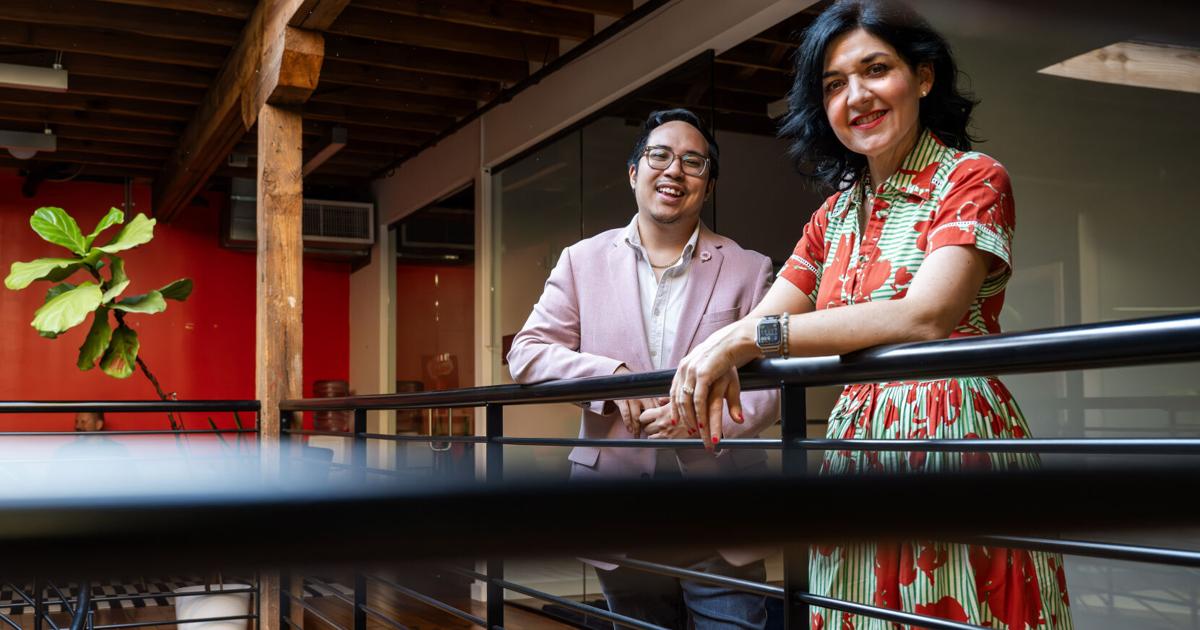
The Baton Rouge-based creative agency ThreeSixtyEight recently marked its eighth anniversary with a significant achievement.
ThreeSixtyEight is now the first Baton Rouge company to earn B Corp Certification, a designation which recognizes for-profit businesses that have a positive impact. To earn the designation, companies must meet high standards for governance, treatment of employees, environmental and community impact. About 7,000 businesses worldwide have earned the designation, including well-known brands like as Ben & Jerry’s, Patagonia, Tillamook and PosiGen, the New Orleans-based solar company.
To reach B Corp status, ThreeSixtyEight went through a two-year certification process that even involved changing the legal agreement the company operates under.
“We had to amend the operating agreement for the company to say that we’re putting people on the planet on par with profit,” said Adrian Owen Jones, ThreeSixtyEight’s chief growth officer, who led the effort to earn the designation.
ThreeSixtyEight came about from the merger of Big Fish Presentations, a local company that produces and organizes corporate presentations and conferences, and Hatchit, a customized website developer. The company got its name from the distance that was between Big Fish and Hatchit in their former office building — 368 feet.
Kenny Nguyen, CEO of ThreeSixtyEight, has long worked to have a bigger impact in the community. He launched Assembly Required, a speaker series designed to bring together people from different groups, and he’s worked to keep more young professionals in Baton Rouge. The company was tapped to lead the Better in BTR campaign, a recently launched effort that aims to showcase Baton Rouge as a better choice for young workers and boost regional pride.
In this week’s Talking Business, Jones and Nguyen discuss the value of earning B Corp certification, the impact it has had on their company and how it fits in with bringing more young professionals to Baton Rouge.
Interview has been edited for length and clarity.
Who was the first person “Hey, we need to go for this B Corp certification?”
Kenny Nguyen: It’s something that, I think I mentioned this to Adrian in the hiring process, this would be a dream, but it’s one thing to dream, it’s another thing to actually bring it to reality. Adrian, at the end of the day, I give her all credit because she’s the one that got it home.
Adrian Owen Jones: When Kenny brought me on to the company, he told me “I want to make Baton Rouge the creative capital of the South.” And I was like, “Cool, no big deal.” And as we started talking about what’s the mechanism to get there, I saw part of the pathway was Assembly Required, the nonprofit that we run that’s really focused on Baton Rouge, but then looking at the agency’s positioning, I saw just so much momentum behind work that is in what we call the future of learning space — economic development, workforce development, education and nonprofits. And so if we’re looking at those organizations that we were serving and really driving powerful results towards, all of those were kind of things that fit in this B Corp model of us being an agency that is working with organizations for good. And so we thought, well, why not kind of put our money where our mouth is and see if we can get this additional certification to just give us deeper credentialing to really help us level up the way that we operate.
It’s one of those things I think that felt like just a cool idea, but how did it make sense for the business? And that’s where going in and looking at our positioning and looking at where we really have success with clients, that’s where we were able to say, this actually makes sense for us as a value proposition for attracting new opportunities.
Nguyen: I always felt like this was clear to us though, because wouldn’t it be great for the creative capital of the South, that company that helps usher that era in, if they could be a model of how business should be. It’s just a pipe dream until you actually get the certification. What I’ve learned too with the B Corp stuff is it’s rare because I think one, people don’t want to go through the process, but two, you have to actually live it. It’s not an overnight thing at all. And you have to live the stuff.
It’s just been a few weeks, but have y’all seen any sort of impact from this in terms of clients or business wise?
Nguyen: Clients have definitely asked us about it. In fact, some clients have asked us, what is your criteria in bringing in new clients? And I think it’s clients want to work with someone that actually really cares about their people. You care about your people, usually your work is better. And so they’re curious about that, but also they’re curious about the process itself. I’ve been asked about clients, how did y’all even go through that? What does that entail and why even go through it? Most common thing I tell people it was the right thing to do and I do believe that businesses have an obligation not just to look at profit, but also purpose as well. This is an external way, an internal way to hold yourself accountable and becoming a better business.
Jones: We’ve had people even in Baton Rouge reaching out, wanting to understand how do they go through this process themselves. The other thing I would say is that we have a prospect call coming up and they approached us. One, because of our expertise, first and foremost, we have to be good at what we do. But two, they were prioritizing us as a prospect because, or as a potential partner because of our B Corp status. They’re an organization for good, they’re venture philanthropy type organization. And for them, working with a B Corporation is a benefit.
In some circles, environmental, social and governance has become a dirty word. Was there any sort of concern about that?
Jones: So what I would say to that is that for us, this was a no brainer. It’s helping us operate in a way that is just as profitable, but reducing our environmental footprint, ensuring that we’re treating our clients really well and ensuring that we’re treating our employees really well. And I don’t know who could really argue with it. I think that B Corp has done a great job of distancing themselves from the ESG conversation because it’s not about doing something that is asking people to sacrifice success, quality or any other meaningful metric. It’s just you’ve got to level up and do better than average.
Kenny, one of the big things with you has been trying to make Baton Rouge more friendly to young professionals. How does this designation fit in with that?
Nguyen: If you have a revolving door here and your best export is your talent, you’re dead essentially in terms of innovation. So for us, it’s like if we wanted to create this agency to be the best it could be, it starts at home. Are we attracting the very best talent here? Are we giving them the environment where they can thrive the most here? And we figured a better calling for an agency should be beyond just our walls. And so that’s why Assembly Required came out. Assembly Required was an initiative saying we’re really tired of Baton Rouge getting the wrong rap. I think there’s exciting things down here. Let’s shine some light on that. Let’s raise some civic pride here to say that we’re building something here. It’s going to take a while, but there are people here that care enough to actually put in the effort to turn Baton Rouge into a city that it can be. We have all the ingredients here, man.
Jones: I’ll also say I think B Corp is great recruitment for us in terms of talent and we do often have young talent and they care. I mean, feeling like there is purpose in the work and feeling like they have a strong sense of belonging and balance and all of that is critical to recruiting and retaining talent these days.

